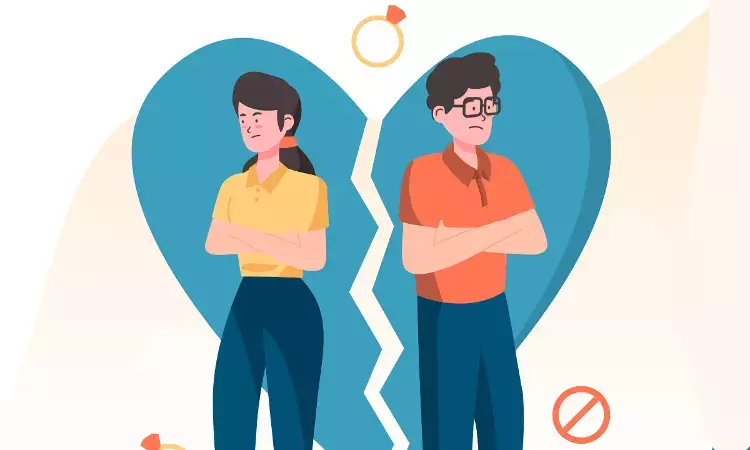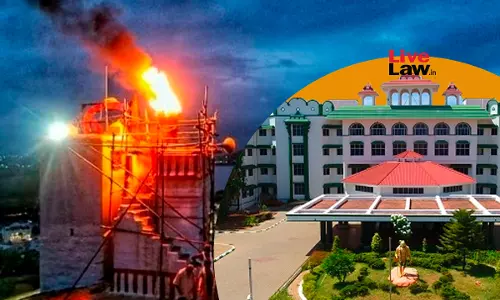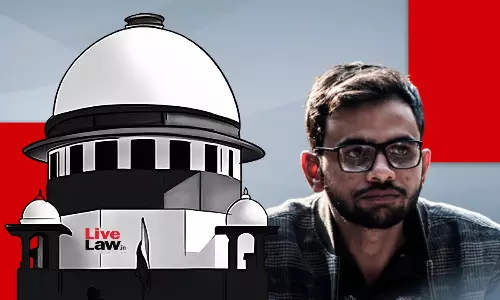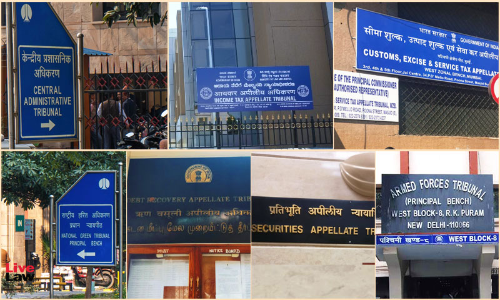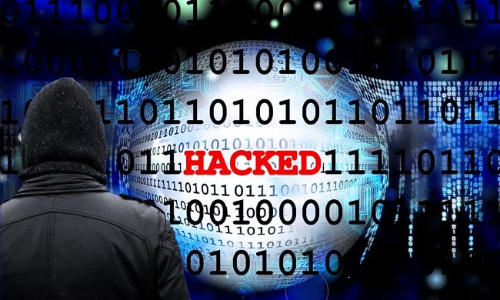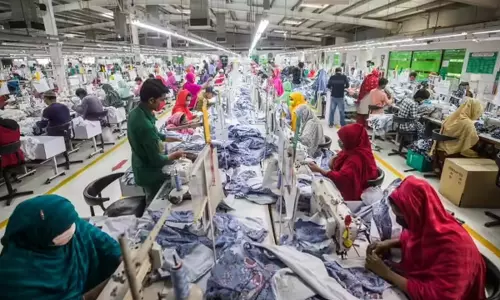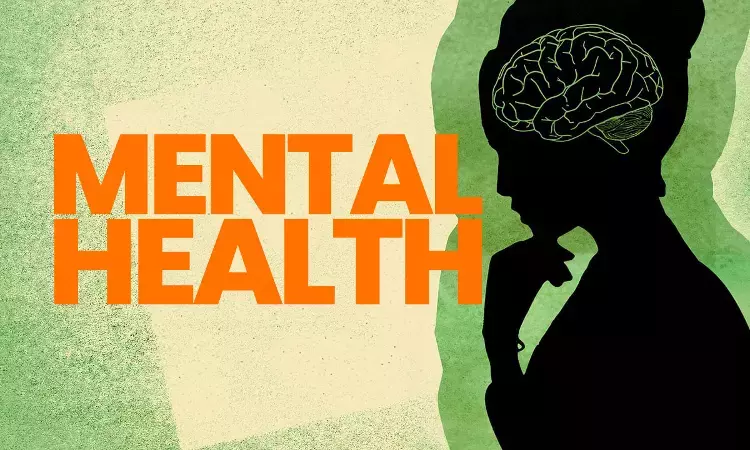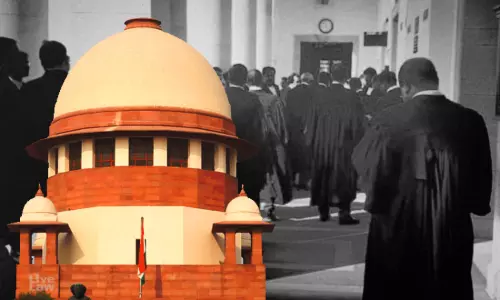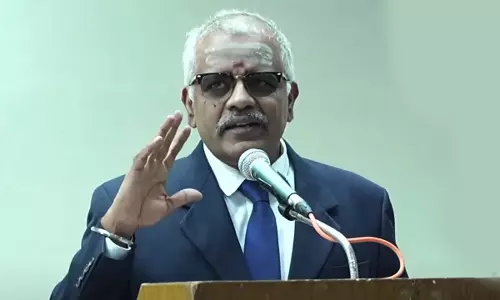Articles
Changing Dimensions Of S.125 Of Crpc – An Analysis Through Recent Judicial Pronouncements
It is indisputable that the application of S.125 of Code of Criminal Procedure would arise, when a man neglects or refrains from fulfilling his filial duty in terms of financial support towards his wife or children or his parents. Over time, the provision has acquired a distinct social welfare character through consistent judicial interpretation, positioning it as an important instrument for advancing substantive justice, especially by safeguarding the interests of vulnerable communities in the...
Voluntary Liquidation: A Strategically Sound Exit For Dormant Companies
In the Indian corporate environment, dormancy is often misunderstood as harmless inactivity. In law, however, a dormant company remains very much alive subject to statutory filings, regulatory oversight, penalties for non-compliance, and exposure to historical liabilities. For promoters, what appears to be a sleeping entity frequently becomes a source of recurring compliance cost and...
From Mediation To Mandate: Why Tirupparankundram Verdict May Finally Still The Hill
When I wrote earlier on the Tirupparankundram controversy (7th Dec 2025, ToI), my concluding plea was deliberately modest: that mediation, not mandamus, offered the best chance of restoring calm on a hill layered with faith, memory and law. That article was written at a moment when the dispute over lighting the Karthigai Deepam at the Deepathoon appeared destined to join India's long list of religious flashpoints—kept alive less by belief than by administrative hesitation.The Division Bench of...
Madras Bar Association And Economic Cost Of Tribunal Dysfunction
The Supreme Court of India's November 2025 judgment in Madras Bar Association v. Union of India (2025) may, at first glance, appear as yet another round in a familiar constitutional contest over tribunal independence. In substance, however, it carries consequences that extend well beyond doctrine. By striking down provisions of the Tribunal Reforms Act, 2021 – many of which were verbatim reproductions of the Tribunals Reforms Ordinance invalidated in July 2021 – the Court highlighted the gradual...
A Doctrinal Shift In Judicial Response To Cyber Fraud
The Delhi High Court's judgment in Dabur India Limited v Ashok Kumar on fraudulent domain name registration is best understood as a judicial response to the changing anatomy of digital fraud. The Court was confronted with an ecosystem in which impersonation websites, fake investment portals, and cloned brand identities proliferate at scale, often vanishing and reappearing faster than traditional legal remedies can respond. Against this reality, the judgment, authored by Justice Prathiba M....
Jurisdictional Uncertainty Under Section 18 MSMED Act: Time For Authoritative Clarification
The role of micro, small and medium enterprises has been internationally recognised in reducing levels of poverty through job creation and economic growth. In view of their significance the Indian Parliament provided appropriate frame work for their growth and development by enacting 'the Micro, Small and Medium Enterprises Development Act, of 2006'. It replaced earlier legislation, 'the Interest on Delayed Payment to Small Scale and Ancillary Industries Undertakings Act, 1993'. The new Act of...
Institutional Accountability, Governance Implications And Constitutionalising Mental Health: The Significance Of Sukdeb Saha Verdict
In July 2025, the Supreme Court of India delivered a ruling that reframed the constitutional parameters of mental health significantly. The case was initiated by the petitioner Sukdeb Saha, a bereaved father. He lost his 17-year-old daughter, a NEET aspirant living alone in a hostel in Visakhapatnam, Andhra Pradesh. He alleged that the local police had failed to conduct a critical investigation into her death. Saha approached the Supreme Court, where his petition questioned the accountability of...
Time, Arguments And Justice: Cooperation, Not Compulsion, At The Heart Of New SOP
The Chief Justice of India Surya Kant made several specific public and in-court remarks regarding the restriction of argument time in the weeks leading up to the release of the Standard Operating Procedure (SOP) on December 29, 2025. The CJI's comments cantered on the idea that judicial time is a "limited public resource" and that prolonged oral arguments by senior counsel were unfairly depriving "poor and ordinary litigants" of their day in court.On December 11, 2025, during a hearing involving...
Igniting Flame Of Growth: A New Year's Call To Evolve In Justice
Dear Brother and Sister Judges, Esteemed Young Advocates, and Fellow Legal Minds across India,As 2025 draws to a close, a simple book has quietly reshaped my own approach to our demanding profession. Dr. Carol S. Dweck's Mindset: The New Psychology of Success draws a clear line between two ways of seeing ourselves: the fixed mindset, which treats abilities as unchangeable traits, and the growth mindset, which views them as muscles strengthened through effort, challenge, and learning. In the...



